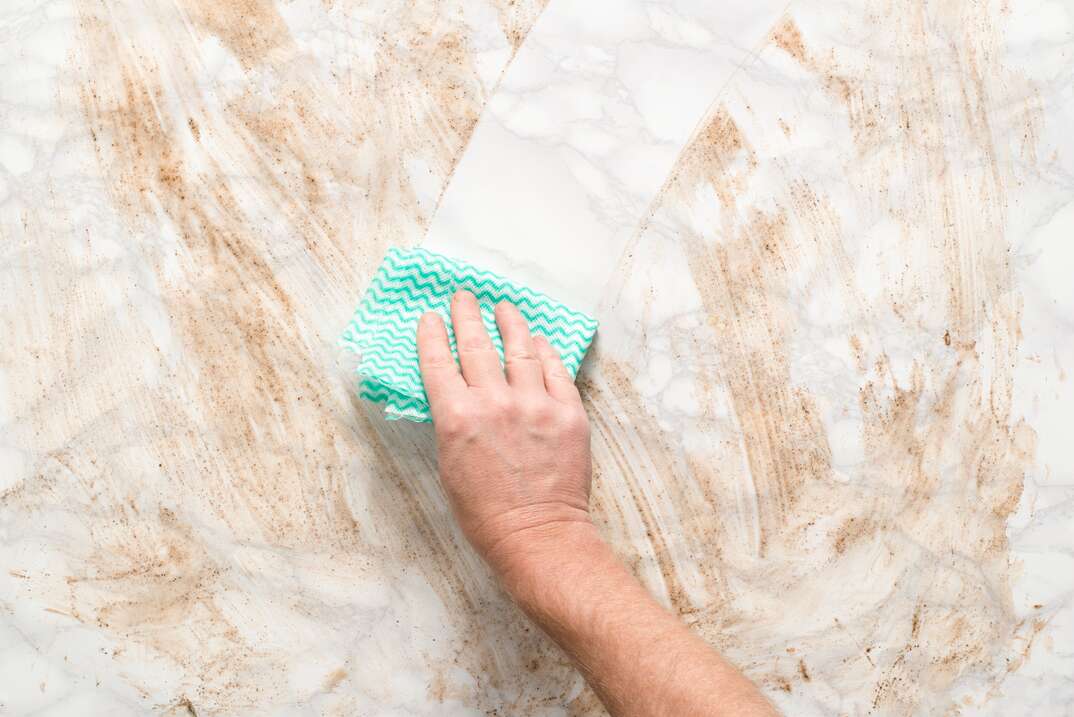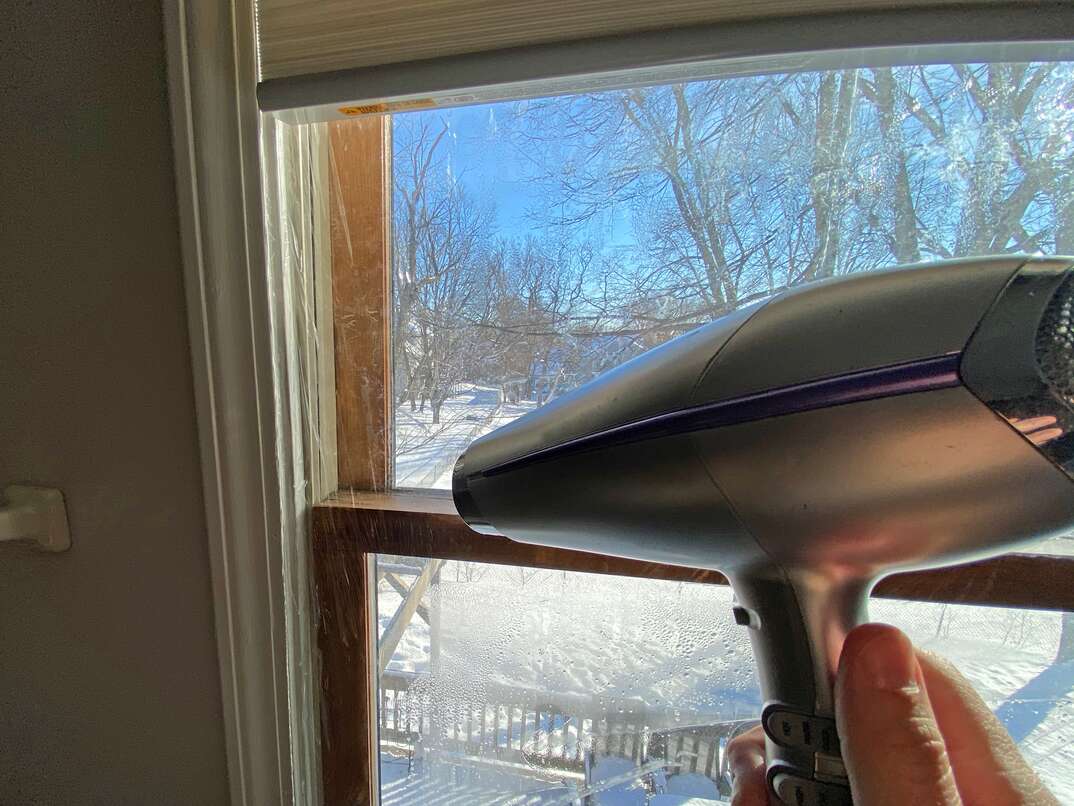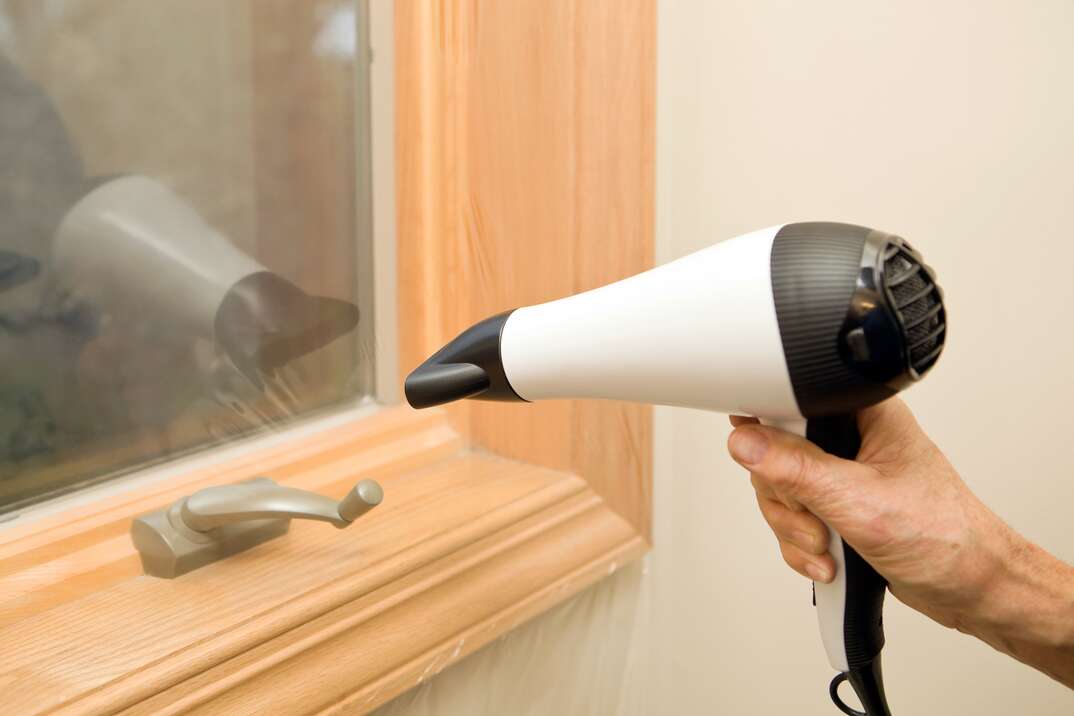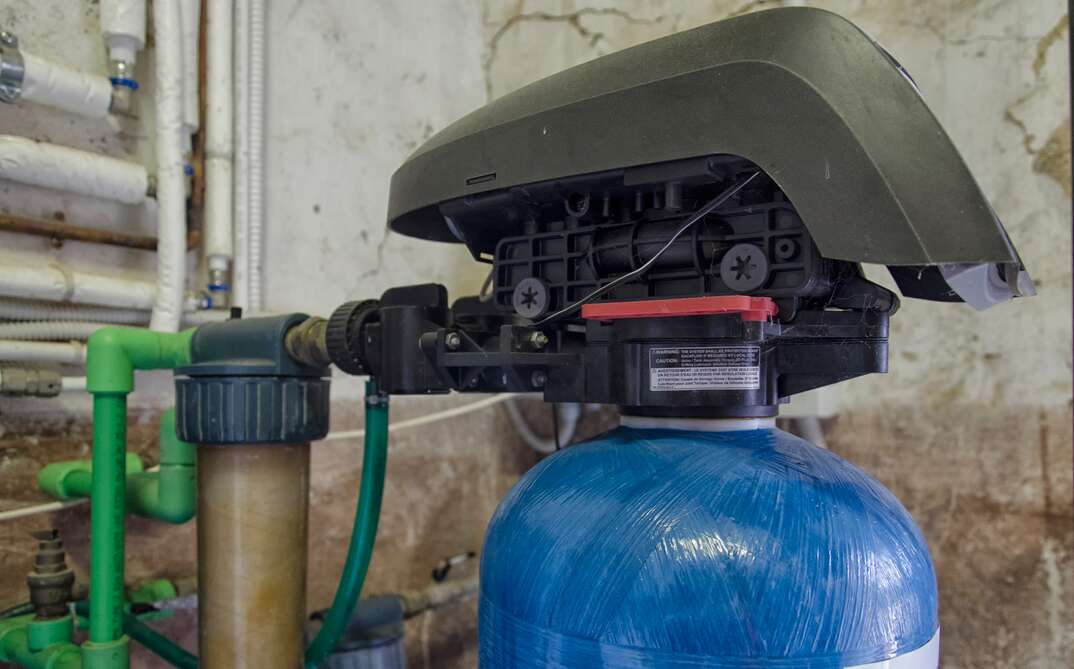How to Clean a Marble Floor

Marble floors make an elegant addition to your home. And in addition to adding a high-end feel to your space, marble is also durable, environmentally friendly and fairly easy to clean. That said, cleaning your marble floors does require a bit of know-how before diving in to avoid damaging the surface.
This May Also Interest You: How to Clean Marble Countertops
Since marble is a natural stone, it is more prone to scratching and staining than some other floor materials, so cleaning it carefully and with the correct products is key.
What Products Should You Not Use on Marble Floors?
Cleaning marble floors is fairly straightforward, but it is important that you use the right cleaning products. Failure to do so can result in unfortunate damage to your floors, even if you do apply the products using the correct technique.
You should avoid harsh cleaners of any kind. Bleach is a base cleaner that’s a definite no-no. And acidic cleaners can be especially damaging to marble, as they can eat away at the stone. Seemingly harmless natural cleaning ingredients like vinegar and lemon are highly acidic and should be avoided, as they can cause dull spots (also known as etching) on your marble floors and counters. Even granite cleaners are often too harsh for use on marble.
You’ll also want to steer clear of abrasive cleaners that are meant to scour, like the abrasive cream or powder cleansers that are often used in kitchens and bathrooms. And while tub and tile cleaners may seem appropriate for the task, they should be avoided as well.
All that said, there are plenty of products out there well-suited for cleaning marble. The ideal cleanser will be non-abrasive and pH-neutral. Look for a product specifically labeled marble cleaner to be safe.
You can also make your own marble-cleaning solution. To do this, use a gentle, pH-neutral soap, like Mrs. Myers or Seventh Generation dish soap, and add five to six drops per liter of water.
How to Clean a Marble Floor
Step 1: Sweep Often
Since marble floors are so prone to abrasion, It’s especially important to sweep them regularly, to remove dirt, dust and other sediment that could cause damage over time. Avoid using straw brooms for this task and go for a dry dust mop instead to keep the sweep gentle, but effective. Keeping your marble floor swept and free of debris will help prevent small scratches from accumulating over time.
More Related Articles:
- Here’s How Much Marble Countertops Cost
- What Kind of Floor Should I Install? Comparing Flooring Costs
- How Much Does It Cost to Remove a Tile Floor?
- Dog on It! How to Maintain and Protect Your Floors From Doggy Damage
- How Much Does It Cost to Install Baseboards?
Step 2: Deep Clean Monthly
The truth is, marble doesn’t need to be deep-cleaned that often. If you sweep regularly and clean up any spills straight away, then a monthly deep clean should suffice. Using your marble-safe cleaner of choice, mop or wipe the floor to clean using a dust mop or soft cloth that won’t damage the floor. Then, rinse with clean water. Make sure not to leave the soap mixture on too long as it can leave a milky residue if it dries.
Step 3: Treat Stains as Needed
Even with proper care and cleaning, your marble is likely to get small scratches or stains at some point. To address these light blemishes, you can try a few strategies. One option for addressing etching is to use some dry, super fine steel wool to buff the area. You can also try making a cleaning solution of 12% hydrogen peroxide with a couple of drops of ammonia, which should help remove most organic stains. Keep in mind that the more pronounced spots and scratches will require professional attention.
This cleaning process isn’t limited to floors alone; you can use the same cleaning technique for other marble surfaces, like marble countertops. Marble floor cleaning can be easy and inexpensive, once you know what to use and what not to. And with the right care and cleaning techniques, your marble floors will remain the statement piece of your space and keep their sparkle for years to come.


